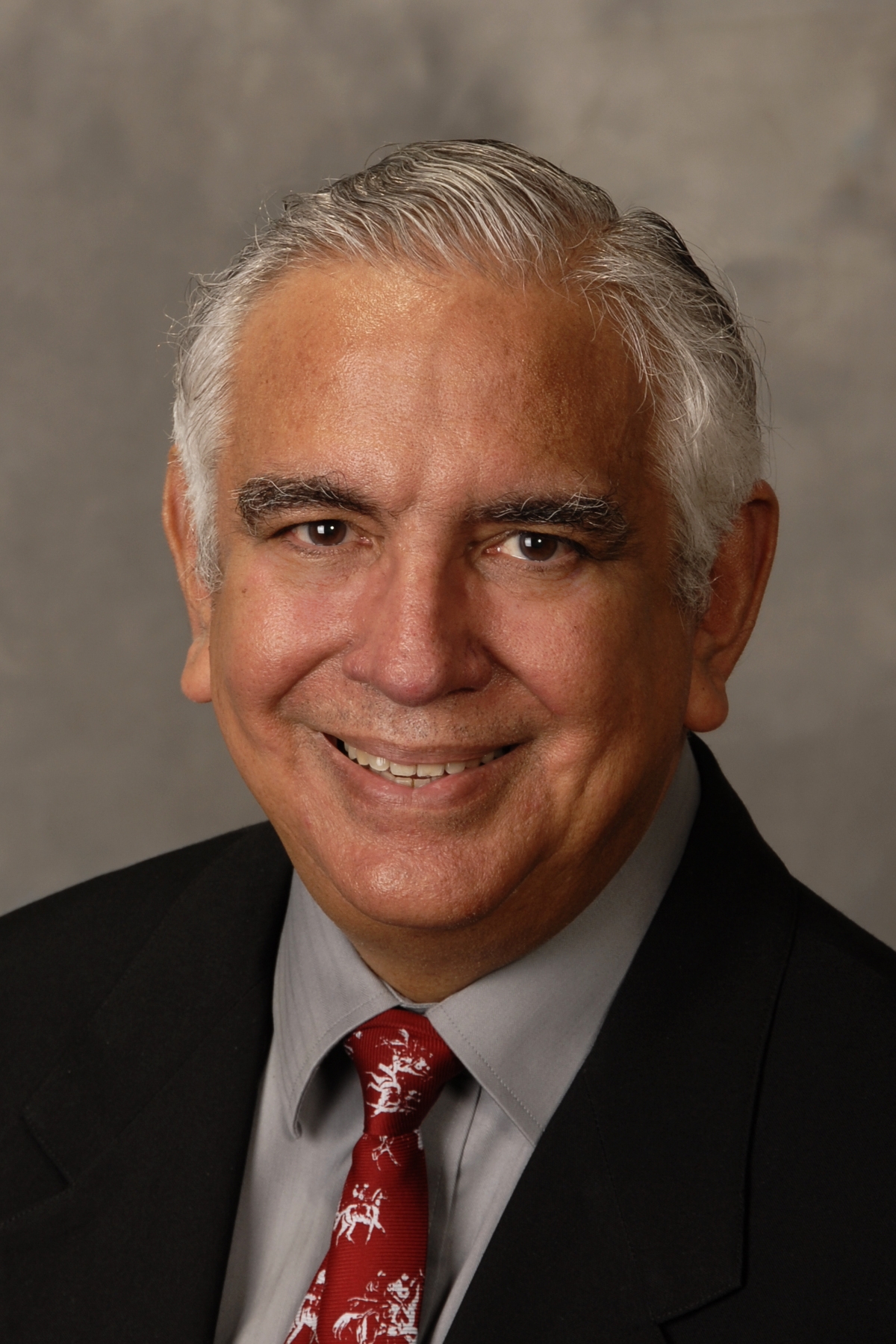 Justo González makes a bold claim for the study of church history in the introduction to the second edition of his The Story of Christianity:
Justo González makes a bold claim for the study of church history in the introduction to the second edition of his The Story of Christianity:
It is at this point that the doing of history converges with the making of it. When we study the life and work of past generations, and when we interpret it, we are doing history. But we must remember that we are reading the past in light of our present, and also that future generations will read about our times as past history. In that sense, like it or not, both by our action and by our inaction, we are making history. This is both an exhilarating opportunity and an awesome responsibility, and it demands that we do history in order to be able to make it more faithfully. Every renewal of the church, every great age in its history, has been grounded on a renewed reading of history. The same will be true as we move ahead into the twenty-first century (The Story of Christianity 1:4).
Every renewal of the church, every great age in its history, has been grounded on a renewed reading of history. I don’t know enough to prove or disprove this bold claim, but I think Christian humanism and the Protestant Reformation, as well as the origins of modern Pentecostalism might all be called as exhibits for the affirmative case.
González gives examples for how the reading of church history may help us today: the early church’s response to a indifferent or hostile culture; the response of the churches to the mass-migration of whole nations in the fourth and fifth centuries; the devotion of medieval scholastics and Protestant reformers as an inspiration to budding scholars and theologians; the history of nineteenth-century missions as a warning to pitfalls when engaged in cross-cultural interactions. In light of what is presently happening in Syria and Europe, I was particularly taken with his second example.